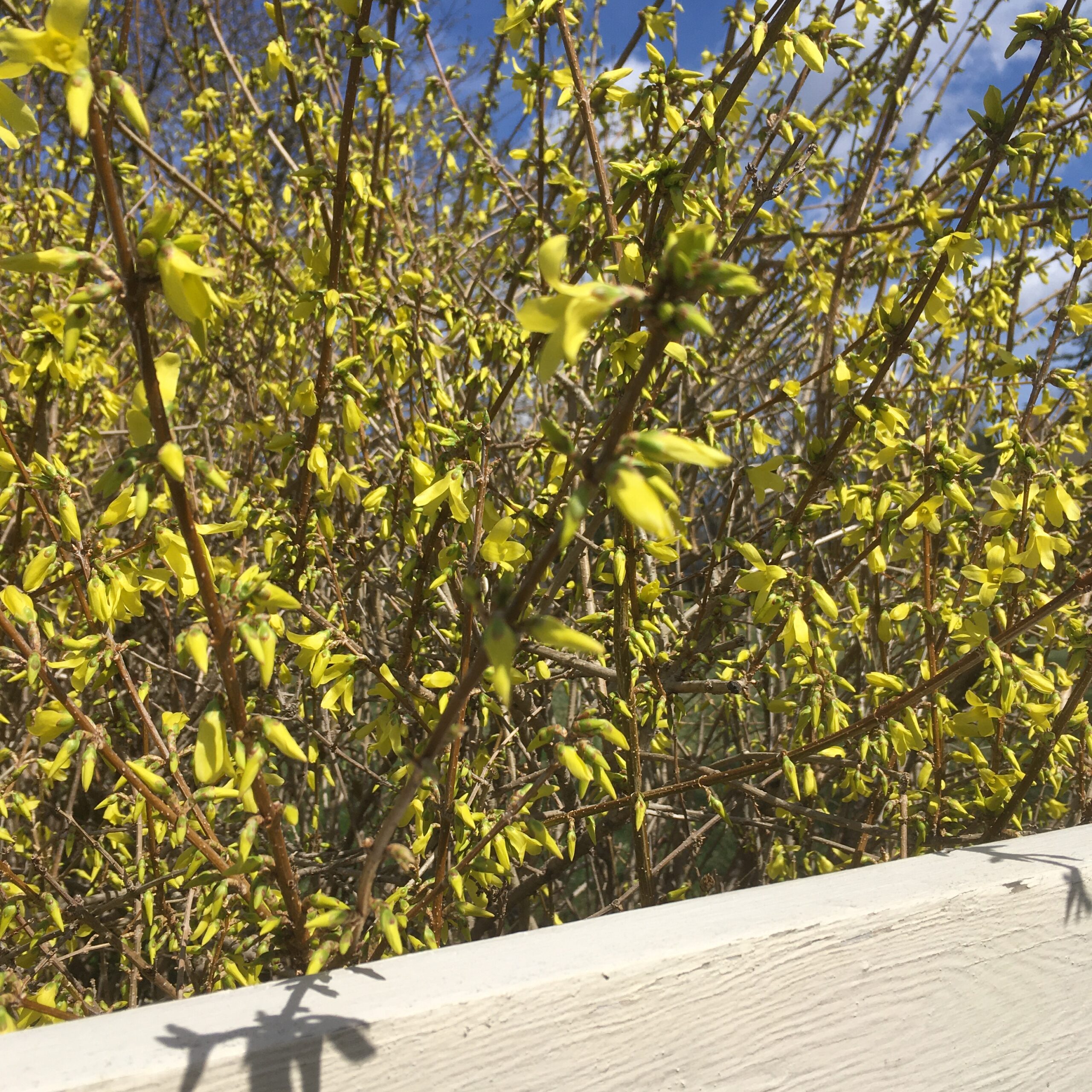My frame of mind was in the wrong place for writing a blog post this week. I’ve been pushing myself to pull my novel’s manuscript together into a somewhat coherent state, which has translated into long hours of writing each day. This week my deadline was extended. My body and mind immediately decided it was time for a break.
The truth is, I don’t want to ease up on my schedule too much. Keeping to my schedule will allow me to get my manuscript in better shape. But that’s just one side of my brain talking. The other side is sneakily looking for napping opportunities and movies to watch. So when I sat down to write this blog post today, guess what happened? A nap. Then a walk around the neighborhood.
Oh, and a list. I made a list of possible topics for my post. That attempt at being productive is what led to the nap. The list-making productivity-focused part of my brain just couldn’t take on writing a blog.
When I got back from my walk, my blog-writing time slot was over. I could have chosen to force the issue and keep working on the blog post. It needed to be published. But my brain had sent me a clear signal—no way, José. So this is what I did: I took half an hour to write whatever popped into my mind, just spitting out words on a page. Lately, I’ve been doing this more regularly, and have found it incredibly rewarding.
The result? Okay, this is a bit meta, but my journaling made me realize how resistant I was to writing about any of the nine things on the list I made. I journaled about the freedom that journaling gives me. By writing about anything, even the fact that I don’t want to write about anything, my brain feels free to go where it likes. And when my brain goes where it likes, it likes where it goes. Obvious, perhaps. But a brain that likes where it goes can write a blog post.
All this to say, that sometimes procrastination is not procrastination. This is why we get great ideas in the shower, or figure out the solution to a thorny problem while washing the dishes. There’s no doubt that productivity and discipline are crucial to writing a book, but they’re not always the answer. Sometimes they’re the problem.
If you need to wander around a bit to find mushrooms in the forest, planting new trees may feel like productivity, but it’s not helping with your goal. It’s getting in the way. You’re much more likely to find mushrooms in an old forest than on cleared land.
So how do you know when it’s okay to take a break from productivity? That can be tricky. The short answer is to pay close attention to your process, and learn to recognize the signals. That may not be a very satisfying answer if you’re new to whatever creative process you’re in the middle of. You may not have enough experience to know. So if you’d be interested in a blog post that breaks down signs it’s okay to procrastinate, let me know. That could be a future post.
In the meantime, I will get back to my manuscript. I hope your creative projects are going well. And if you find yourself procrastinating, consider the possibility that you are just taking a little time to work a different way.
Enjoy your creative moments!

